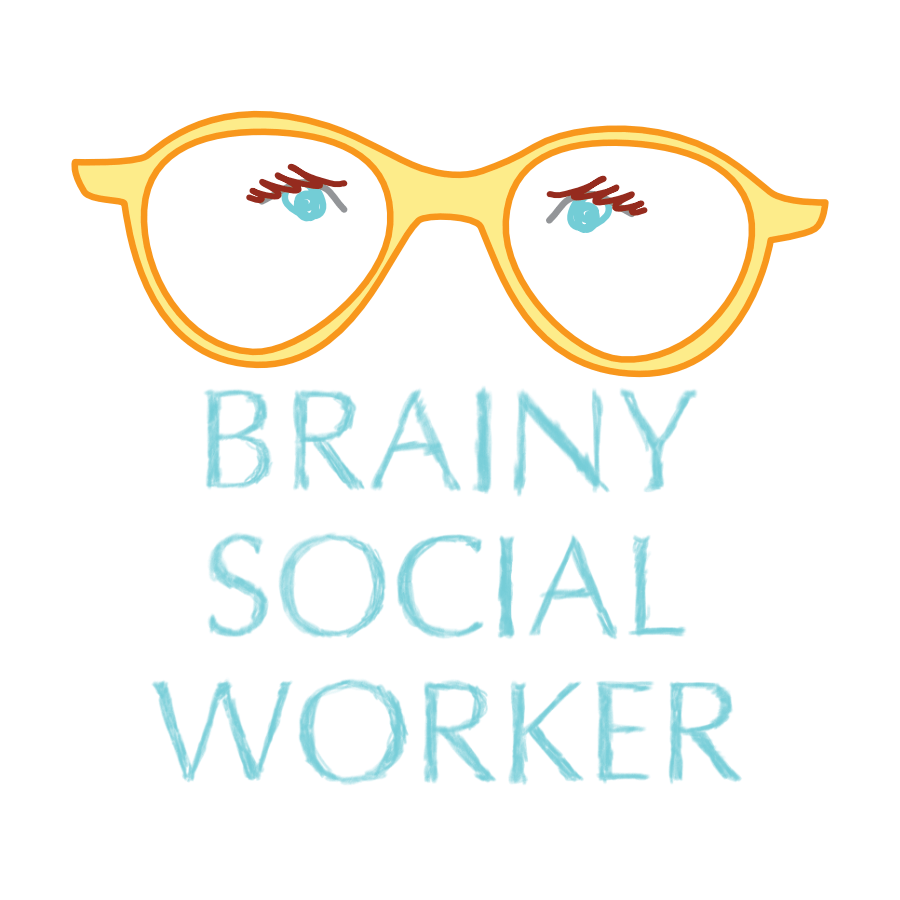Grief and bereavement aren’t light-hearted topics. Bereavement refers to the process of recovering from the death of a loved one, and grief is a reaction to any form of loss. Both encompass a wide range of emotions such as fear, anger, and deep, deep sadness.
The process of adapting to a loss can dramatically change from person to person, depending on his or her background, beliefs, relationship to the person who’s passed, and other factors.
Common symptoms of grief can be physical, emotional, or social.
A few common symptoms in these categories are:
Physical
- Crying and sighing
- Headaches
- Loss of appetite
- Difficulty sleeping
- Weakness
- Fatigue
Emotional
- Feelings of sadness and yearning
- Feelings of worry or anger
- Feelings of frustration or guilt
Social
- Feeling detached from others
- Self-isolation from social contact
- Behaving in ways that are not normal for you
Every grieving experience is different. A person may be able to continue their day-to-day routine after one loss, yet not be able to get out of bed after the loss of someone else. Whatever your personal symptoms are, grief and bereavement counseling have been proven to help.
If you are experiencing grief-related thoughts, behaviors, or feelings that are distressing, please contact me today for a free consultation


